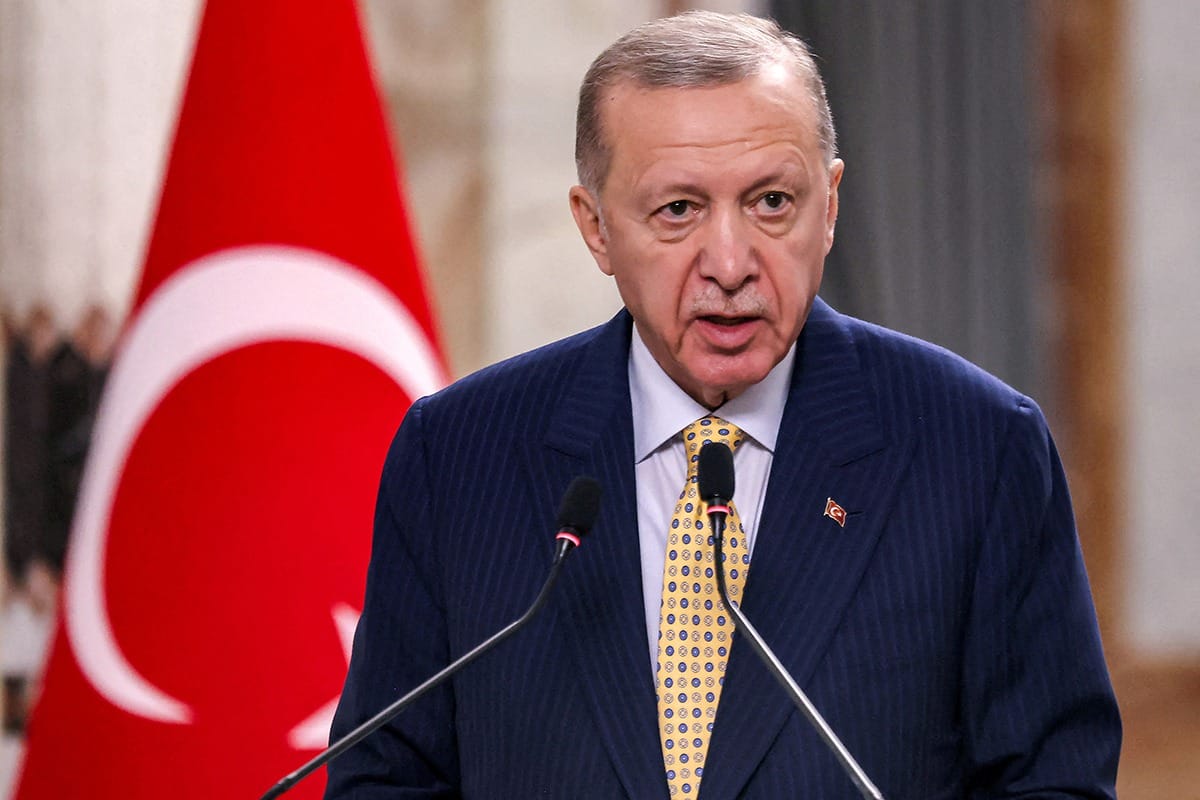Strained US-Turkish Relations Highlighted by Erdogan’s Cancelled Visit
In a move that resonated through diplomatic circles, the Turkish president has abruptly cancelled his planned visit to the United States, which was scheduled for May 9th. Despite the Americans making preparations for what could have been a pivotal meeting, the decision to “kick the ball” and not proceed with the visit underscores the widening gap between the two nations.
This decision was not surprising due to deteriorating relations between the two countries. Speculation had been rife that President Recep Tayyip Erdoğan would not make the trip to Washington, and these rumors have now been confirmed. The reasons behind this postponement are multifaceted, reflecting a complex web of geopolitical tensions and ideological differences.
Turkey’s warming ties with Hamas, its contentious stance against Israel, burgeoning relationships with Russia and Iran, and an increasingly anti-Western rhetoric have all contributed to the strained US-Turkish relations. Moreover, Turkey’s consideration of providing shelter to Hamas leadership has added another layer of complexity to its international relations.
While some political analysts view the cancellation as a missed chance to mend fences and potentially leverage Turkey’s strategic position in addressing crises in regions like Ukraine and the Middle East, others argue that such optimism is unfounded. They point out that Turkey has historically prioritized its own interests, often at the expense of its alignment with Western values and policies.
The Turkish leadership’s approach is characterized by a pragmatic, interest-driven foreign policy. Whether it is in dealing with the West or other global entities, President Erdoğan’s administration has shown a propensity for flexible alliances that serve its national agenda. This pattern is evident not only in its dealings with global powers but also in regional issues, such as those concerning Cyprus and Greece.
As US-Turkish relations continue to navigate these turbulent waters, the implications of Erdogan’s cancelled visit are clear: mutual suspicion is likely to increase, and any hopes for a quick resolution to the existing tensions may be premature. Observers and policymakers alike are reminded that when it comes to Turkey, realpolitik prevails over ideological alliances.






